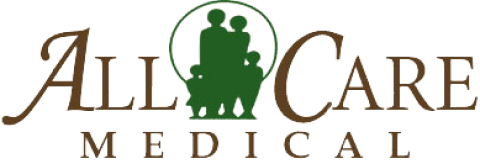May is National Stroke Awareness Month, a time dedicated to educating the public about stroke prevention, recognizing the warning signs, and understanding the impact of this life-threatening condition. At All Care Medical, we believe that awareness leads to action and action can save lives.
What Is a Stroke?
A stroke occurs when blood flow to part of the brain is interrupted or reduced, preventing brain tissue from getting the oxygen and nutrients it needs. Brain cells begin to die within minutes, which is why every second counts.
There are two main types of stroke:
● Ischemic stroke, the most common type, caused by a blockage in a blood vessel.
● Hemorrhagic stroke, caused by a ruptured blood vessel in the brain.
There is also a transient ischemic attack (TIA), often called a “mini-stroke,” which serves as a warning sign and should never be ignored.
Recognize the Signs: Think F.A.S.T.
Quick action can save a life or prevent long-term disability. Use the acronym F.A.S.T. to remember the key symptoms:
● F – Face: Is one side of the face drooping? Ask the person to smile.
● A – Arms: Can they raise both arms, or is one drifting downward?
● S – Speech: Is their speech slurred or strange?
● T – Time: Call 9-1-1 immediately if you see any of these signs.
Other possible symptoms may include sudden confusion, vision problems, dizziness, or a severe headache with no known cause.
Who Is at Risk?
Strokes can happen to anyone at any age, but several factors can increase your risk, including:
● High blood pressure
● High cholesterol
● Diabetes
● Smoking
● Obesity
● Sedentary lifestyle
● Family history of stroke
● Heart disease or atrial fibrillation
African Americans, older adults, and people with a history of cardiovascular disease are at higher risk, but again, strokes can occur in young and otherwise healthy individuals.
Stroke Prevention Starts with Your Primary Care
The good news? Up to 80% of strokes are preventable. By working with your primary care physician, you can:
● Monitor and manage blood pressure, cholesterol, and blood sugar
● Get help quitting smoking
● Develop a heart-healthy eating and exercise plan
● Screen for conditions like atrial fibrillation or carotid artery disease
● Stay current on medications and screenings
Regular checkups can catch risk factors before they become life-threatening events.
Life After Stroke: Recovery and Support
Surviving a stroke can lead to challenges like mobility issues, speech difficulties, or cognitive impairment. But recovery is possible, especially with early treatment and support. Rehabilitation often includes physical therapy, occupational therapy, and speech-language pathology.
At All Care Medical, we’re here to support stroke survivors and their families by coordinating care, monitoring progress, and helping manage long-term health.
Take Action This Month
National Stroke Awareness Month is a powerful reminder to know the signs, reduce your risk, and take your health seriously. Talk to your doctor, educate your loved ones, and make small lifestyle changes that protect your brain and your future.
If it’s been a while since your last checkup, now is the perfect time to schedule a visit. At All Care Medical, our team is committed to helping you stay healthy, informed, and empowered.
🧠 Know the signs. Know your risks. Take action.

